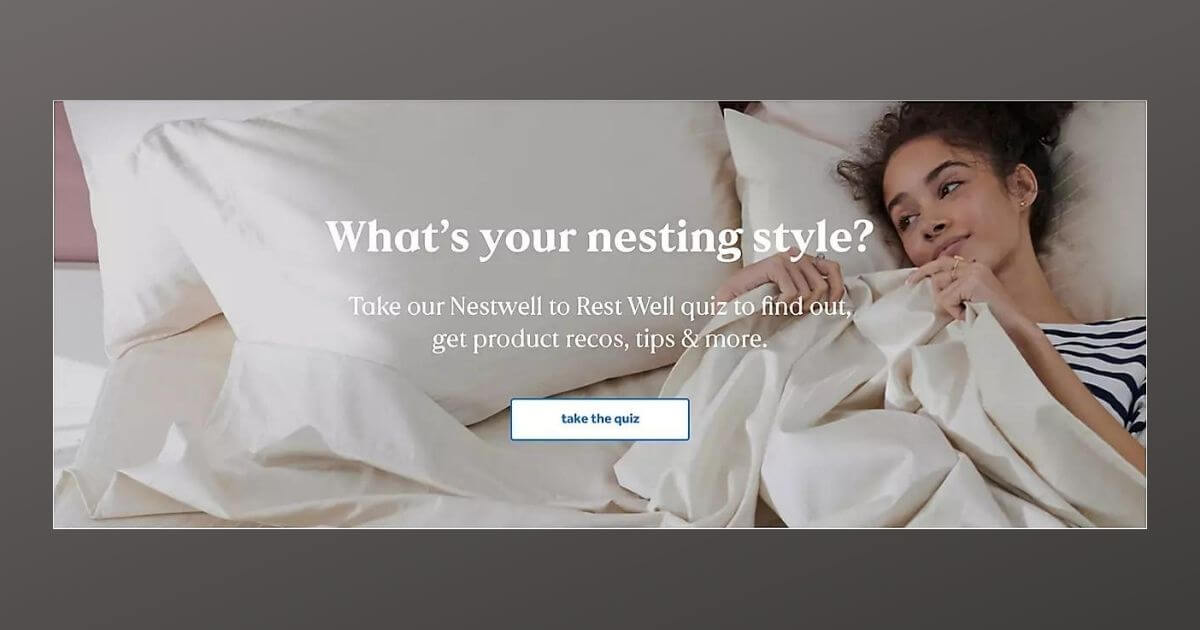Private Labels Extend Shelf Life

When Bed Bath & Beyond (BBB) released a holiday gift guide this week, seven of the 25 products highlighted (28%) were of the retailer’s own private label offerings. They included such names as Nestwell (sheets), Studio 3B (candle collection, bar cart), Our Table (barware and six-piece mixology set) and Haven (organic cotton robe).
That’s not much of a surprise given BBB’s ongoing efforts to steer an ever-increasing chunk of its business to its growing roster of house brands. In its most recent quarter, private label generated 20% of revenue – about double the percentage at the start of the year, when it took the wraps off the first of eight new house brands it’s introduced in 2021.
BBB’s gift guide is only the latest representation of the growing role that private label is playing in retail in general – and part of the challenge facing brand owners and licensees as they compete for physical shelf space and prime online placement.
It’s the kind of competitive landscape that has licensors and their partners rushing to step up their own direct-to-consumer (DTC) marketing and distribution efforts.
To be sure, the majority of sales at major retailers continue to be generated by national brands, whether licensed or as part of the brands core lines. But with the amount being invested in private label product development and supply chains – Target alone has 48 of them, including 10 that generate $1 billion each in annual revenue – there seems to be little turning back to a day when private label cyclically rose and waned.
About one-third of Target’s annual revenue now comes from its own brands.
It is a trend that began with Target’s dropping of its long-time DTR for the Cherokee and other brands and the introduction of the Cat and Jack label for children’s apparel and one that quickly gained favor with other retailers. For example, Walmart continues to carry the Better Homes & Gardens products under a licensing agreement with Meredith Corp., but also has its long-time Mainstays label for some the same categories. The chain also tapped fashion designer Brandon Maxwell to develop its Free Assembly and Scoop brands. And while Dick’s Sporting Goods dropped the Reebok brand two years ago, it has since added DSG (athletic gear, apparel) and VRST (men’s athleisure) private brands and will continue with the Calia by Carrie Underwood label even after parting earlier this fall with the singer. Underwood had been the brand’s ambassador for seven years and helped launch three Calia pop-up stores last year.
Marketing and promotion of private label goods has grown increasingly more sophisticated – using such devices as influencers and media platforms. Grocery retailer Hy-Vee, for example, uses its Helpful Smiles TV (HSTV) channel on YouTube to features chef Mike Brown’s “Hot Mess” cooking show that in one instance created a carbonara made entirely from the 277-store chain’s private labels.




